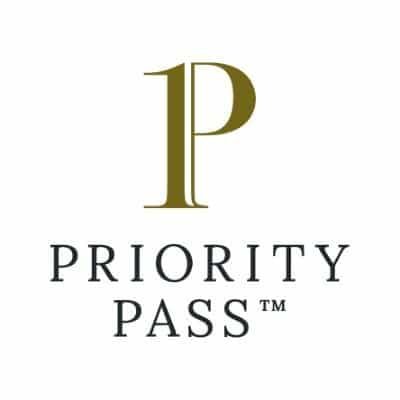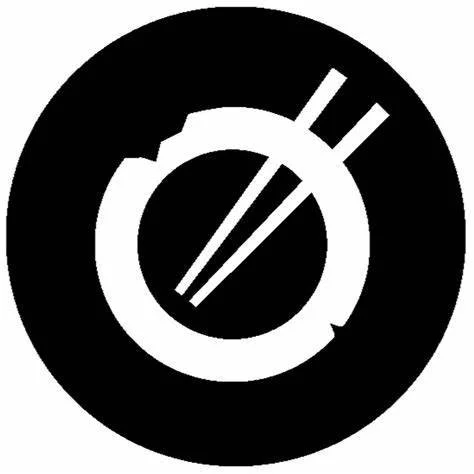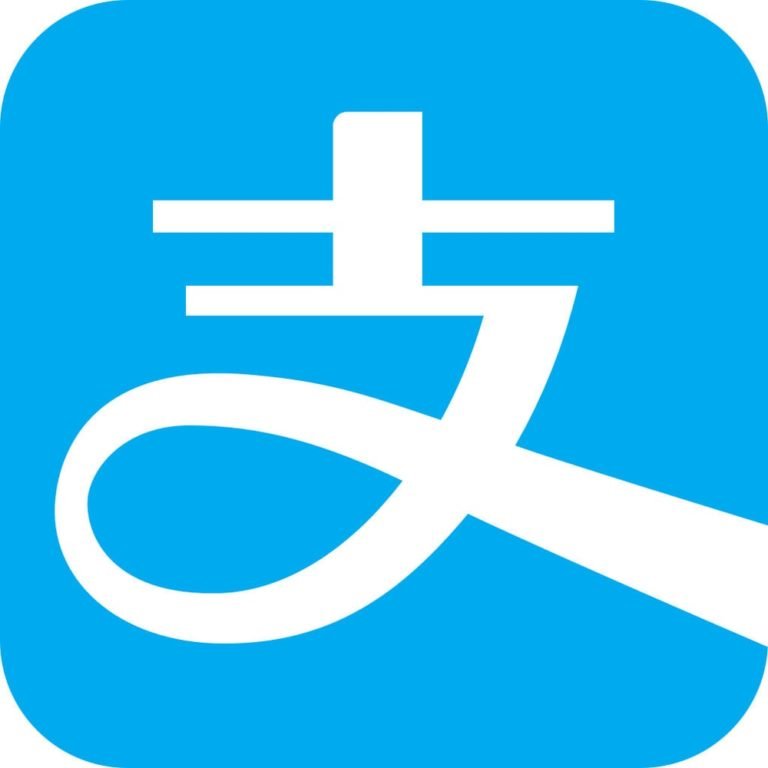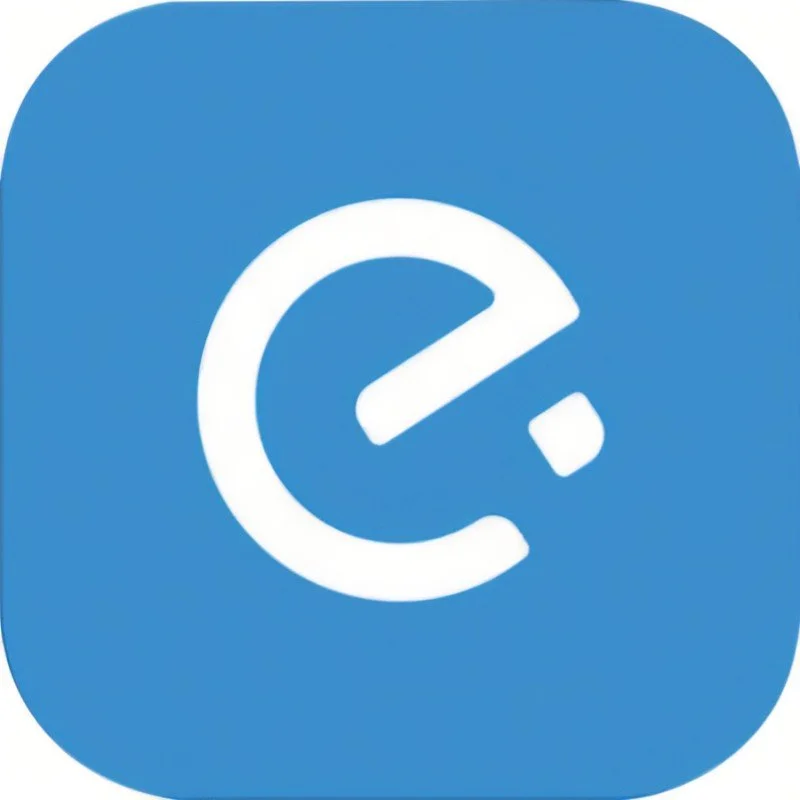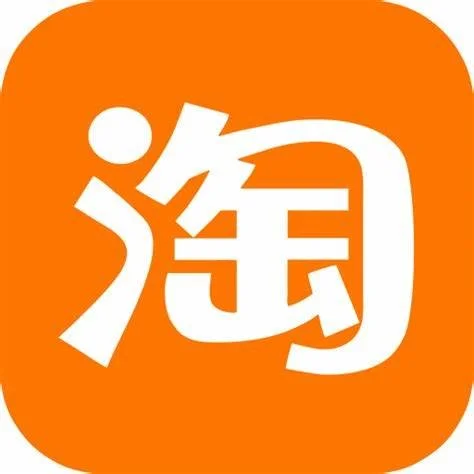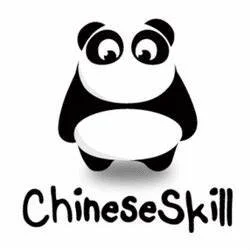After over a decade of living and travelling across Asia, I’ve tried just about every travel tool, app, and platform out there. This page lists the ones I actually use to plan, book, and enjoy every trip – whether I’m city-hopping in Japan, road-tripping through China, or escaping to a quiet island.
Everything here is something I’ve personally tested, love, and recommend to make your adventures smoother, safer, and more enjoyable.
Travel Resources
-
![Blue background with the word "Trip." in white text and a yellow dot.]()
Trip.com
Trip.com has been my go-to website and app for booking flights, trains and hotels for years now. They have an easy-to-use interface, great deals and discounts for members and you can gather some inspiration from other travellers who post ratings and reviews on the application itself.
-
![Large white arrow pointing inward on an orange background]()
Hostelworld
With more than 36,000 properties in over 178 countries, Hostelworld was one of the first apps I used when booking accommodation during my solo travels around China. Alongside being able to book cheaper accommodation (even with single-room options), it was a great way to connect with global travellers and make new friends while on the road!
-
![Trainline logo with a stylized heart icon on a teal background.]()
Trainline
Trainline is Europe’s leading train and coach app. They work with over 210 rail and coach companies to help their customers travel to thousands of destinations across 45 countries. Their aim is to bring together all rail, coach, and other travel services into one simple experience so customers can get the best prices and smart, real-time travel information on the go.
Their platform hosts more than 80 million visits per month and sells more than 210 tickets every minute.
Their platform hosts more than 80 million visits per month and sells more than 210 tickets every minute.
-
![A cartoon green bird with large white eyes, black pupils, and an orange beak.]()
Duolingo
Wherever you travel, it’s always a good idea to learn a few words and phrases (or more if you can!) so that you can really try to integrate yourself into the culture and connect with locals! Duolingo is one of those apps that is easy to use, and easy to learn key phrases that will most defintiely come of use.
-
![Logo with the letters 'xe' in dark blue inside a partial yellow circle.]()
Xe Currency
Xe Currency has been my go-to currency converter app for years. It provides exchange rates in real-time, and you can select and save a list of your most-used currencies for easier reference.
-
![Bold white text on an orange gradient background reads "Get Your Guide" with some stylized and fragmented letter designs.]()
Get Your Guide
GetYourGuide is a booking platform that helps travellers find incredible travel experiences wherever they’re headed. These experiences include skip-the-line tickets to the world’s most iconic attractions, walking tours by top local experts, immersive food and beverage tours, and niche offerings you won’t find anywhere else.
-
![A colorful abstract graphic with shades of yellow, orange, red, pink, and purple, resembling a sunset or sunrise over a mountainous landscape.]()
Airalo
Airalo is the world’s first eSIM store that solves the pain of high roaming bills by giving travelers access to eSIMs (digital SIM cards). More than one million people are already using Airalo's eSIMs.
With eSIMs from Airalo, travelers can download and install a digital data pack for over 200 countries/regions and get connected anywhere in the world as soon as they land.
-
![Priority Pass logo with a large gold letter 'P' above the words 'PRIORITY PASS' in black letters.]()
Priority Pass
Since 1992, Priority Pass has been providing frequent travellers with independent airport lounge access worldwide. Their network of lounges continues to grow from strength to strength today.
The result is that today Priority Pass still offers more lounges, in more cities, in more countries than any other competitor. And it's why every visit is defined by faster, easier access.
Priority Pass – a club that is simultaneously inclusive (affordable to all) and exclusively for those who value a little piece of civilization on their journey.
-
![Black background with white text reading 'A Chef's Tour' in stylized font.]()
A Chef's Tour
If you believe the best way to understand a city is through its food, this is the tool for you. A Chef’s Tour connects travelers with chefs and local food experts who lead you through bustling markets, backstreet eateries, and family-run kitchens. Instead of tourist menus, you’ll discover authentic flavors and hidden gems, gaining a deeper insight into the culture and community with every bite.
If you’re planning on moving to China, or are heading over for an extended holiday where you’re bound to spend some time navigating the diverse country alone or with friends (i.e. without the help of a guided group tour) then you’re going to need to download a few very essential apps. These apps will make your life 10x easier, and you’ll be as integrated as long-term expats in no time.
China-Specific Resources
-
![A black and white circular icon of a control knob with a pointer indicating a turn or adjustment.]()
LostPlate.com
For all the foodies out there, you need to book a trip with LostPlate while travelling in China. From afternoon tours to multi-day trips, they take you on a culinary adventure like no other to some fascinating dining locations in China that would be hard to come-by if you were to organize it yourself. Head over to www.lostplate.com to book a tour today, and get a discount by using the code “UNCOVERINGCITIES”.
-
![Two white speech bubbles with two dots inside each on a solid green background.]()
WeChat (微信)
In China, WeChat is king. With this app, you can do everything - text, voice message or call your contacts (voice and video/individual and/or groups); subscribe to magazines or official accounts for the latest news; browse through a social feed of your friends pictures; buy plane tickets, train tickets, movie tickets; rent a shared bike; order groceries or other products from official stores; transfer money to another individual. The possibilities are endless, and you’d be at a loss without this.
-
![Blue square sign with a white wheelchair accessibility symbol]()
Alipay (支付宝)
Alipay is a popular third-party online payment platform for mobile - and it even overtook PayPal as the world’s largest platform of its kind! With it, not only can you transfer money from one individual to another, but you can pay businesses, top-up your mobile phone, pay your utility bills, rent vehicles for hire, rent shared bicycles, load up your health codes (a post-pandemic requirement for a lot of places in China), and much, much more.
-
![Logo with an orange and white stylized 'U' shape and the text 'DiDi' in black.]()
DiDi (滴滴出行)
DiDi is China’s answer to Uber. It’s a popular ride-hailing app that you can use throughout the majority of the country, and you have the option to choose the type of car you want to ride in (private car, taxi, ride-sharing), or even rent one of their shared bikes to zip through a city with (if available).
-
![Blue app icon with a white lowercase 'e' with a dot, representing the CNET app logo.]()
Eleme (饿了么)
“Ele me?” or “饿了么?” roughly translates to as “Hungry now?”. You guessed it, Eleme is China’s online to offline food delivery app. I honestly don’t even know how I could function without this app anymore and those living in China are very lucky to be able to have access to anything they want within 30 minutes - 1 hour. Craving pizza? You got it. Want some dumplings? Start ordering. Want to spruce up your flat with fresh flowers? It’s there. Need some milk for the morning? Just pop onto the grocery section. Need some nails and a hammer to hang up a picture? Sure thing. You get the picture.
-
![Blue square icon with white Japanese kanji character for fish.]()
Pleco
When I first moved to China, Pleco was my lifeline. This app provides you with an English – Chinese dictionary in your pocket. Whether you’re searching for a specific ingredient you don’t know the name of, trying to translate a character you see on the street, or want to use flashcards to brush up on your Chinese language skills, this tool will help.
-
![A stylized map with a red location pin featuring the letters 'du' in the center.]()
Baidu Maps (百度地图)
Forget Google Maps, Baidu Maps is the most widely used app in China. It relies on artificial intelligence and a powerful database to provide you with super-accurate directions and real-time traffic information. I find this even more useful than Apple Maps too, because when your preferred mode of transport, it’s easy to see which routes you can, and cannot, take.
-
![A cartoon illustration of a smiling yellow dog with a white face, black nose, and large expressive eyes.]()
Meituan (美团)
In the same vein as Ele.me, but with some added elements, Meituan is another one-stop platform for all your food, grocery, bike-sharing, ride-hailing, shopping needs. The benefit of having both apps is that you’ll have a much broader range of shops and restaurants to choose from, as not all will be on both platforms.
-
![Orange app icon with a white Chinese character in the center.]()
Taobao (手机淘宝)
Once again, China spoils us with an app that will give you just about anything you want. Taobao is an online shopping platform that facilitates consumer-to-consumer retail and is host to a number of small businesses and entrepreneurs you can buy products from - but larger companies also have official stores on the app if you prefer to go straight to the main provider. When buying larger, or more expensive items, be sure to check the reviews and business ratings though!
-
![Icon of a stylized person with arms raised, inside an orange rounded square background.]()
Dianping (大众点评)
If you have some Chinese language skills under your belt, Dianping is a great tool for uncovering some great places to eat in any Chinese city you visit. It’s like Yelp, but has far more features integrated into its system: business information, group purchases, digital membership cards, reviews from customers and restaurant booking functionalities!
-
![Graphic with the word 'BON' written in large, black, stylized letters on a yellow background.]()
Bon App
If you haven’t quite grasped Chinese yet, then Bon App will be your best friend when it comes to looking up business information for restaurants in different cities, while limited to only a few cities in China compared to Dianping, it’s a useful one to know and browse when you are in Shanghai.
-
![A teal musical note inside a yellow circle.]()
QQ Music
If you can’t seem to access Spotify while visiting or living in China (I’ve always had trouble with it) then give QQ Music a go. Just like Spotify, you can stream music and videos, but to access more content you will need a paid subscription too - though this is fairly cheap. Connect it to your WeChat account to log in, and start singing along to your favourite tunes.
-
![Tmall.com logo with black cat face and red background]()
TMall (天猫)
TMall is like Taobao, but for business to consumer operations. On this platform, you’ll find a number of both local Chinese and international brands selling products from their official online stores. I tend to use this app when looking to purchase higher-end items, electronics or items at higher price points, as it feels better purchasing from an official store directly.
-
![Black stylized letter 'M' logo on a yellow background with faint geometric patterns.]()
MetroMan
If you’re only going to be visiting or living in Shanghai or Beijing, you can probably get away with just downloading the apps for those specific Metro systems. But if you plan on travelling around the country quite extensively, then MetroMan will definitely come in handy. At the time of writing, they have maps for 45 of China’s metro systems - ranging from Urumqi and Hohhot to Hong Kong, Guiyang, Wuhan and many more - alongside fare prices and journey times when inputting your journey from A to B. You can download them and keep them for offline reference too!
-
![A black and white cartoon panda with large eyes, sitting above the text 'ChineseSkill'.]()
ChineseSkill
Looking to pick up some Mandarin Chinese without having to commit to offline lessons? This app provides a number of interactive “lessons” for free that you can work your way through in your own time. From reading and writing to speaking and listening, there’s enough here to get all the words and phrases you’ll need to get by.








